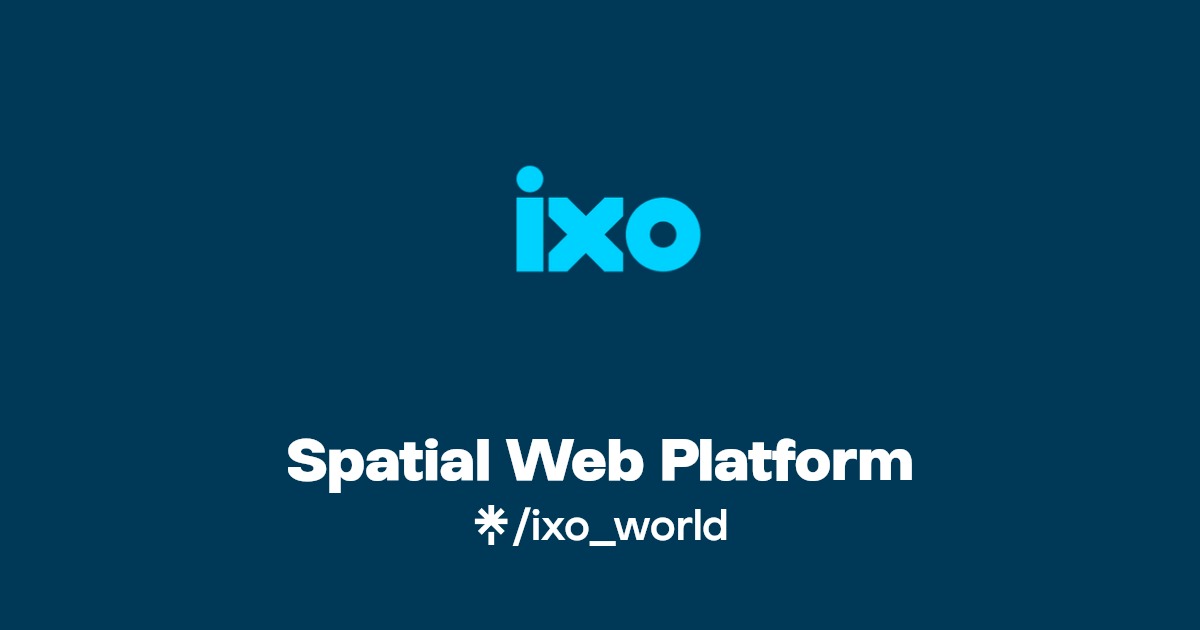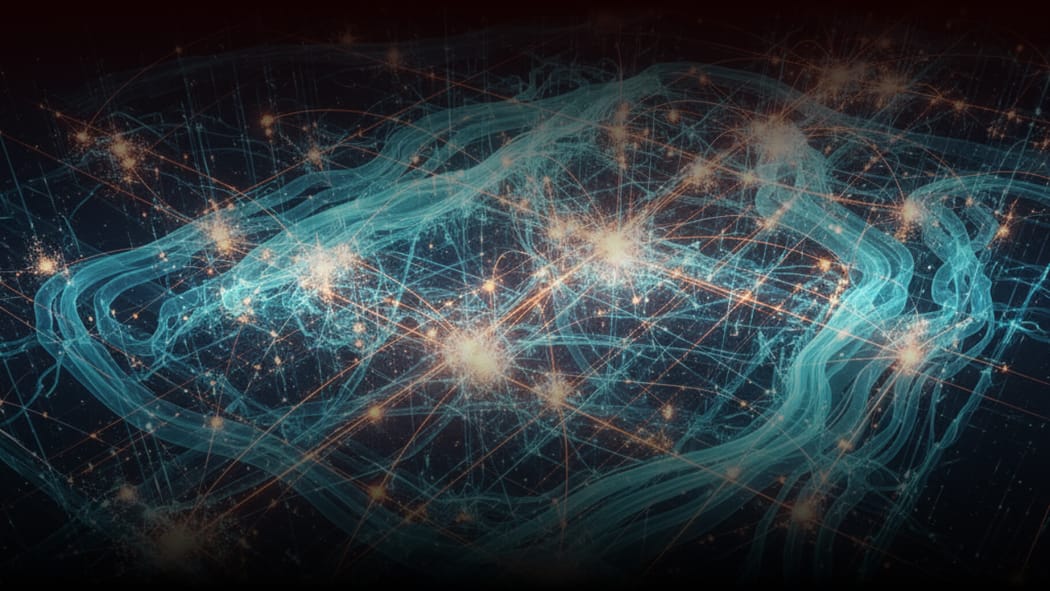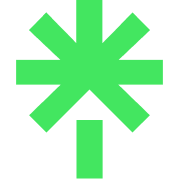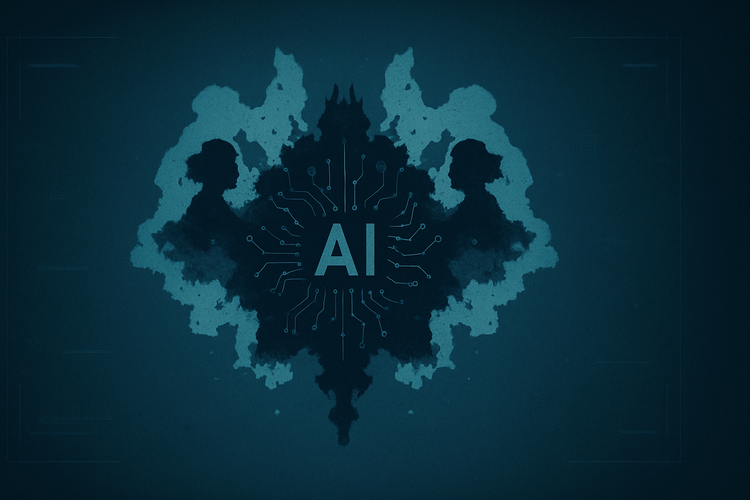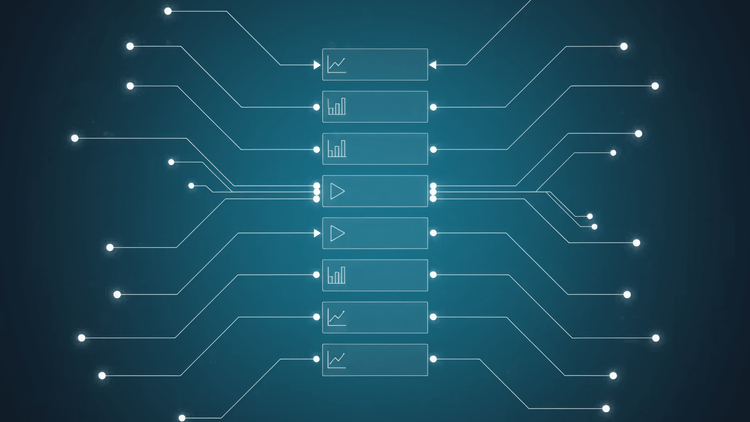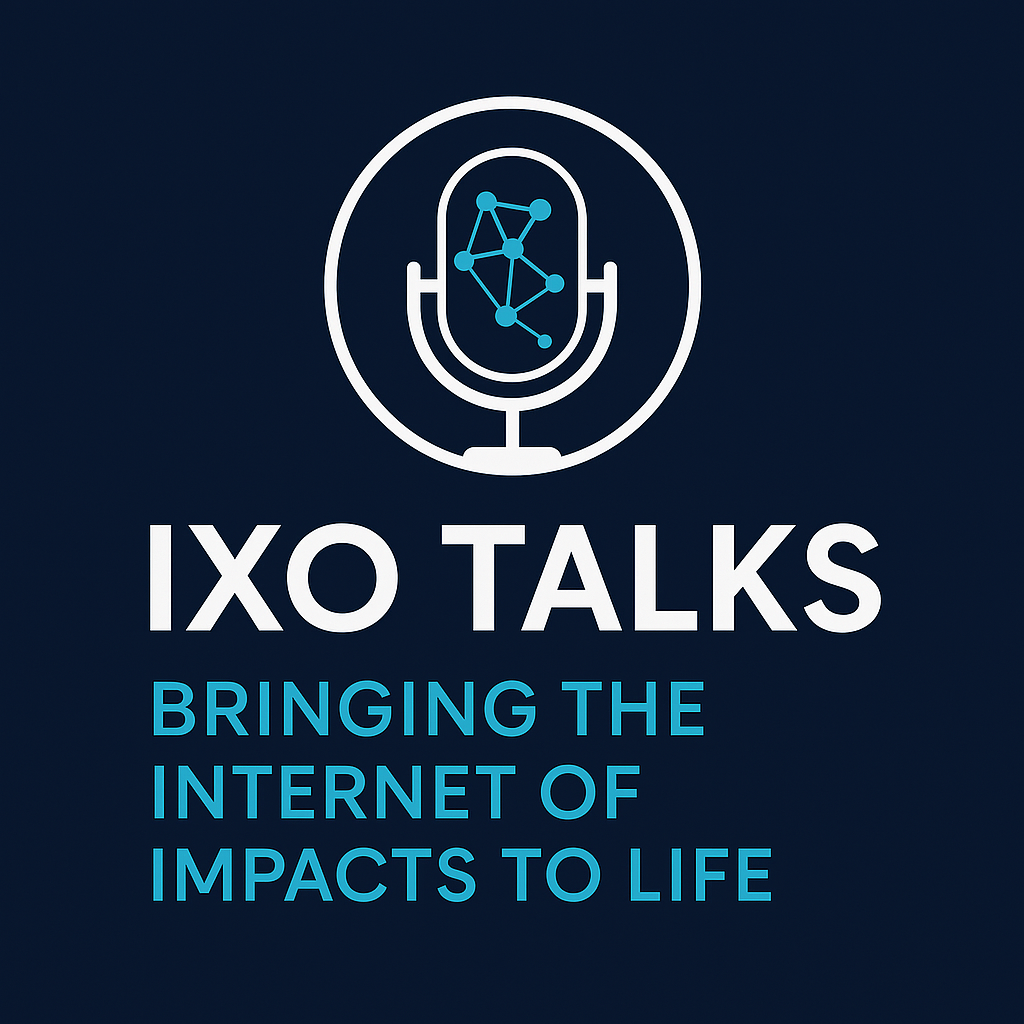
Over the past decade, Decentralised Autonomous Organisations (DAOs) have gone from radical experiments to essential governance structures across Web3. In 2025, the landscape is once again shifting. A convergence of AI, programmable infrastructure, and cross-chain coordination is re-energising DAO ecosystems, making them more practical, inclusive, and intelligent than ever before. Yet, despite these advances, today’s DAO frameworks remain limited by fragmented tooling, rigid governance templates, and a heavy dependence on human micromanagement.
This is the gap the IXO Co-Operating System is designed to close.
By introducing programmable organisational domains (PODs), IXO provides the next generation of tooling for intelligent cooperation through networked and decentralised autonomous organisations.
The 2025 DAO Landscape: Innovation and Limitations
DAO ecosystems are experiencing a renaissance, driven by a few notable shifts:
- AI-assisted governance: DAOs are increasingly deploying AI agents to summarise proposals, flag Sybil attacks, simulate voting outcomes, and manage treasury operations with minimal human oversight.
- Delegate systems: Delegated voting is becoming the norm, lowering barriers for casual members while empowering engaged contributors to act on their behalf.
- Cross-chain reach: Governance is no longer confined to a single chain; DAOs are building multi-layered governance across ecosystems, making cooperation more borderless.
- Institutional interest: Far from being niche, DAOs are attracting serious institutional attention as governance frameworks mature and regulatory adaptation accelerates.
Despite this, many DAOs remain fragile. Their interfaces are fragmented, participation is still cumbersome, and their “autonomy” is limited by the overhead of coordinating diverse human actors with insufficient automation.

Programmable Organisational Domains (PODs): A Step Change
PODs in the IXO Co-Operating System are not just DAO templates - they are programmable, composable domains that transform the way cooperation happens:
- Executable governance: Each POD encodes its governance as programmable flows - living processes that combine smart contracts, verifiable claims, and AI-enabled oracles. Decisions are no longer just votes on proposals; they are executable deeds.
- Intelligent orchestration: Agentic oracles integrate directly into POD workflows. They can evaluate claims, mediate disputes, or even autonomously trigger actions based on verifiable data streams. This reduces friction, accelerates decision cycles, and ensures outcomes are evidence-based.
- Networked autonomy: PODs are not isolated silos. They interoperate across the Internet of Impacts, connecting governance processes, funding flows, and verification systems into a broader cooperative fabric.
- Human-in-the-loop assurance: While AI and automation expand capabilities, PODs maintain governance guardrails. Authorisations, credentials, and multi-sig roles ensure that human agency remains central in steering collective intent.
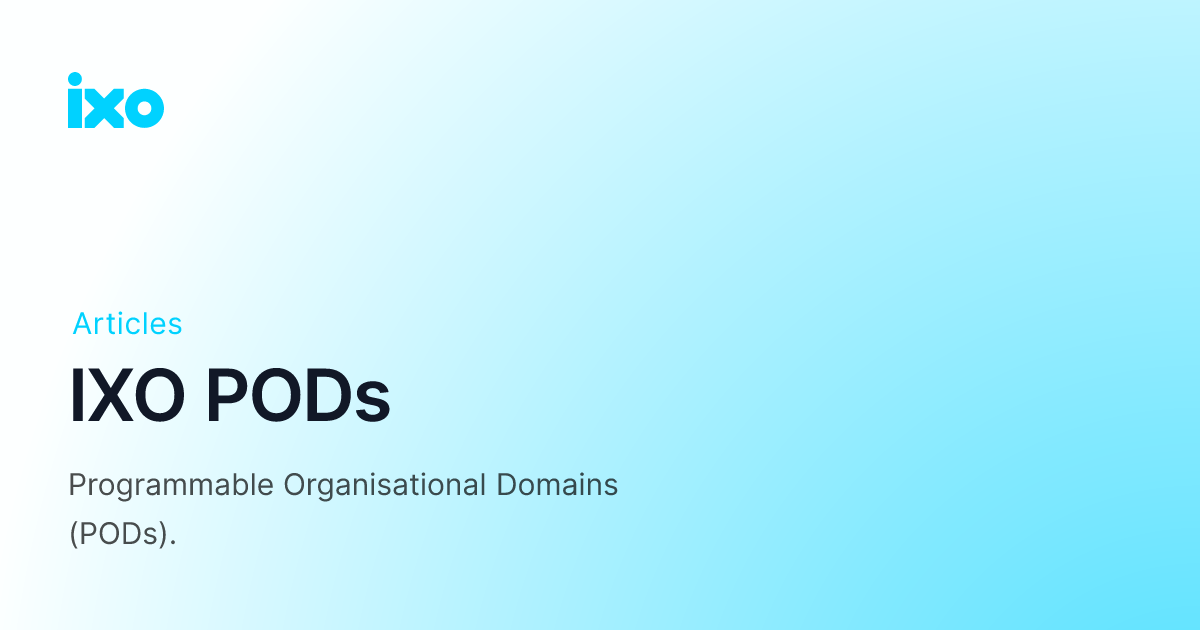
Learn IXO’s Core Architecture & Flows → Understand the protocols, data standards, governance patterns, and integrations.
The Shift: From DAOs to Co-Operating Systems
Whereas DAOs emerged as experiments in collective self-governance, PODs reposition organisational autonomy within a larger system of intelligent cooperation. Instead of focusing narrowly on “how to vote,” the IXO Co-Operating System asks:
How can groups, networks, and ecosystems act with intent, intelligence, and accountability at scale?
This shift redefines what autonomy means:
- From voting to verifiable intent
- From fragmented proposals to programmable flows
- From siloed treasuries to interoperable economic domains
- From human bottlenecks to symbiotic intelligence between people and AI
Why This Matters
As DAOs evolve into the next generation of networked organisations, their ability to deliver real-world outcomes depends on more than governance mechanics. It depends on trustworthy infrastructure that can host collective intelligence, manage verifiable rights and claims, and execute cooperative actions across diverse ecosystems.
IXO’s PODs are designed as this infrastructure.
They enable DAOs, cooperatives, collectives, and even institutions to cooperate not just more efficiently, but more intelligently - with tools that align intent, verify outcomes, and orchestrate action across boundaries.
The Road Ahead
The frontier of DAOs is no longer about experimentation. It is about building the operating systems for a new generation of organisations that are adaptive, resilient, and capable of addressing the most complex challenges of our time.
By fusing programmable governance, verifiable data, and AI-enabled cooperation, the IXO Co-Operating System is setting the stage for this next evolution. The question is no longer whether DAOs have a future. It is whether we can build them to be intelligent enough to matter.
Reflection prompt for you:
If PODs can turn DAOs into truly intelligent organisations, what is the first domain of cooperation where this should be deployed to demonstrate the paradigm shift most powerfully? Would it be finance, climate action, public goods, or something else?
Connect with IXO World
